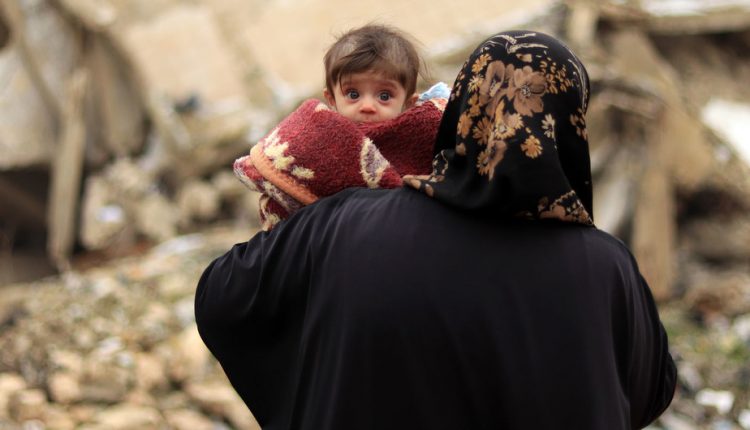UN Middle East envoys urge greater action on COVID-19 ceasefire appeal
In a joint appeal issued on Saturday, the five UN envoys to the Middle East urged warring parties in the region to work towards an immediate end to hostilities, in line with the Secretary-General’s recent call for a global ceasefire during the COVID-19 pandemic.
While many parties have responded positively to the UN chief’s appeal, they stressed that more needs to be done to translate it into action.
“Too many in the Middle East have endured conflict and deprivation for far too long. Their suffering is now compounded by the COVID-19 crisis and its likely long-lasting social, economic and political impacts”, they said.
The envoys represent the Secretary-General in countries that include Syria, Iraq and Yemen, which on Friday confirmed its first case of the new coronavirus disease.
Globally, more than 1.6 million cases of COVID-19 have been recorded, and nearly 100,000 deaths.
Engage in good faith
“We call on all parties to engage, in good faith and without preconditions, on negotiating immediate halts to ongoing hostilities, sustaining existing ceasefires, putting in place more durable and comprehensive ceasefires, and achieving longer-term resolutions to the persistent conflicts across the region”, the UN envoys said.
Rival sides are also encouraged to exercise maximum restraint, to de-escalate tensions and to work to resolve their differences through dialogue, negotiation, mediation or other peaceful means.
“We urge parties to reach out across conflict lines and cooperate locally, regionally and globally to stop the rapid spread of the virus and, where possible, to share resources, and allow access to medical facilities where needed”, they added.
Coronavirus Portal & News Updates
Readers can find information and guidance on the outbreak of the novel coronavirus (2019-nCoV) from the UN, World Health Organization and UN agencies here. For daily news updates from UN News, click here.
Humanitarian access and solidarity
The five envoys underscored the need to facilitate humanitarian access and assistance to internally displaced persons (IDPs), refugees, communities under siege, and all those who have been ravaged by war and deprivation.
“This requires fast-tracking the passage of health and aid workers at borders and in-country and ensuring they are protected”, they explained, while also callng for the safe and voluntary return of refugees and IDPs.
The senior officials further urged all partners to work with the UN on pandemic response and recovery, and underlined the need for solidarity at this moment.
“None of these efforts will succeed if the guns of war and conflict are not silenced”, they emphasized.
“At a time like this, partisanship and narrow interests must yield to the greater cause and the good of the people. That is why we echo the Secretary-General in calling on all parties in the Middle East to work with the UN so we can ‘focus on the true fight of our lives'”.
The envoys who issued the joint appeal are: Geir O. Pedersen, Special Envoy for Syria; Jan Kubis, Special Coordinator for Lebanon; Jeanine Hennis-Plasschaert, Special Representative of the Secretary-General for Iraq; Martin Griffiths, Special Envoy for Yemen, and Nickolay Mladenov, Special Coordinator for the Middle East Peace Process.

